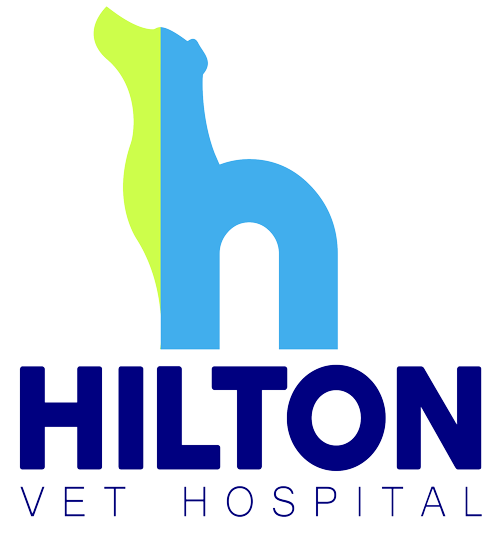General Health Care for Pet Dogs
Health tips and advice for your best friend
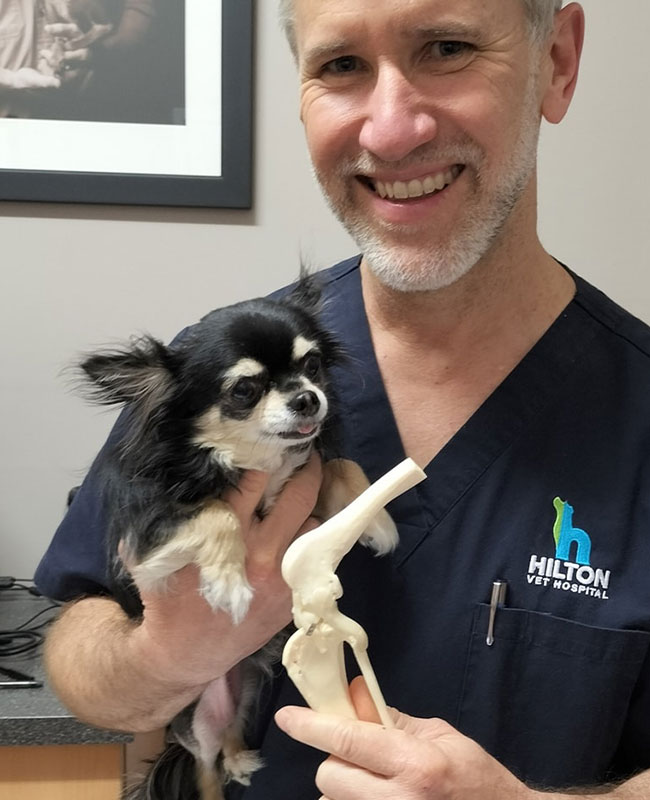
Cruciate Ligament Surgery
What is Cruciate Ligament Surgery?
There are two types of surgeries to fix a ruptured cruciate ligament. An examination by one of our surgeons is required to identify which one is best for your dog.
Pre-surgery Consultation
We will have a consultation in which the vet will look for signs of a ruptured cruciate ligament to make a definite diagnosis.
Sometimes it will be necessary to sedate the patient to feel for a ruptured ligament along with x-rays.
During this consultation, the vet will explain in detail what the exact diagnosis is and what procedure will be best to repair the ruptured cruciate ligament.
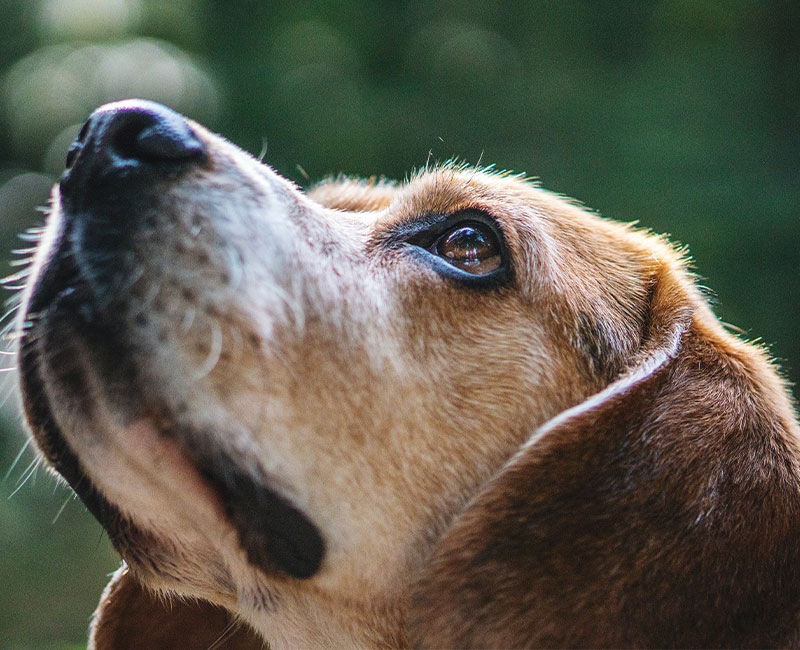
Vaccination For Dogs
Puppies and dogs are at risk from a number of serious infections. However, they can be protected from most of these diseases by a simple vaccination program.
As both dogs and their owners are very mobile it is likely that your pet will come into contact with infections present in unvaccinated puppies and dogs or in the environment.
Vaccination is a cost effective way of protecting your dog or puppy against serious disease and the possible high costs involved in their treatment.
All the vaccines we use are made to the highest standards of safety and effectiveness. Puppies and dogs can be protected from the following infectious diseases by vaccination:
6 weeks
C3 Vaccinates against:
- Canine Parvovirus
- Canine Hepatitis
- Canine Distemper
12 weeks
C5 Vaccinates against:
- Canine Parvovirus
- Canine Hepatitis
- Canine Distemper
- Canine (Kennel) Cough
16 weeks
C5 Vaccinates against:
- Canine Parvovirus
- Canine Hepatitis
- Canine Distemper
- Canine (Kennel) Cough
Viruses
Canine Parvovirus
Signs of Canine Parvovirus infection include vomiting, diarrhoea (usually containing blood), severe abdominal pain and depression. Canine Parvovirus can remain in the environment for over 12 months.
Canine 'Kennel' Cough
Canine Distemper
Canine Hepatitis
The virus is passed by contact with infected dogs and through contact with the urine of infected dogs. It can continue to infect dogs for months after apparent recovery from disease. This virus can also cause long-term kidney and liver problems in older dogs.
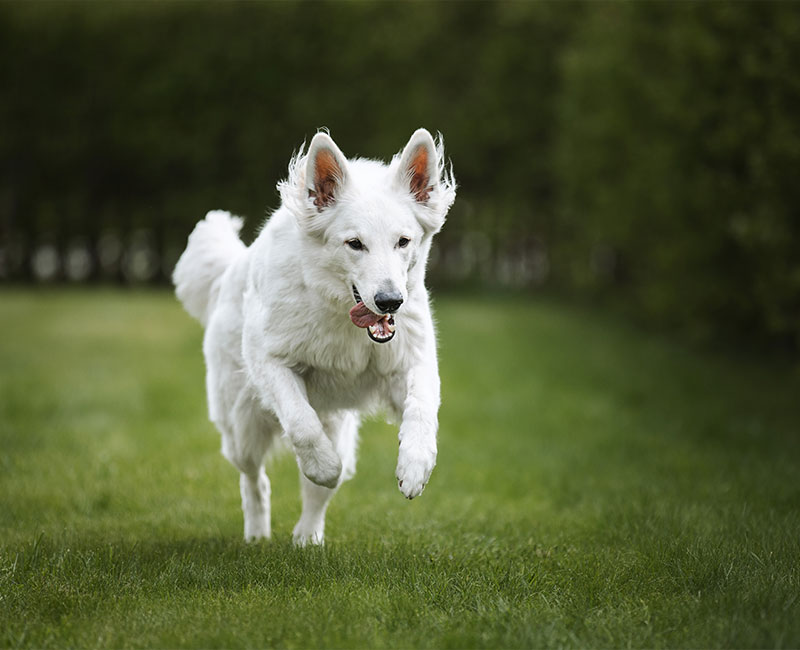
Sterilisation
Surgical sterilisation is the preferred method of sterilisation because it is a permanent solution to many behavioural issues and prevention of unwanted pregnancies
Chemical sterilisation is temporary and can be done in male dogs to prevent mating for 6 to 12 months. This is done by injecting an implant under the skin that slowly releases a hormone that suppresses the development of testosterone.
At Hilton Vet Hospital, we recommend sterilising both male and female dogs from 6 months of age. Contact us today to find out more and to book your pet in for sterilisation.
Why Sterilise Your Dog?
Dogs are able to start having puppies at a very young age, and can potentially deliver many litters.
Surveys indicate that dogs that are not sterilised have an increased risk of being abandoned or surrendered.
In Perth, hundreds of dogs are put down each week and about 20,000-30,000 dogs are destroyed each year. Many more are dumped in areas where their likely fate is death by accident, starvation, disease, or from predators. The numbers escalate over the Christmas and Easter periods.
It is reported that the biggest behavioural effect of sterilisation is the huge reduction in roaming, especially of male dogs. Any reduction in stray dogs has a significant public benefit.
Sterilisation eliminates health problems later in life such as prostate enlargement and infection in dogs. It eliminates the risk of ovarian cysts and uterine infection (pyometra) in bitches.
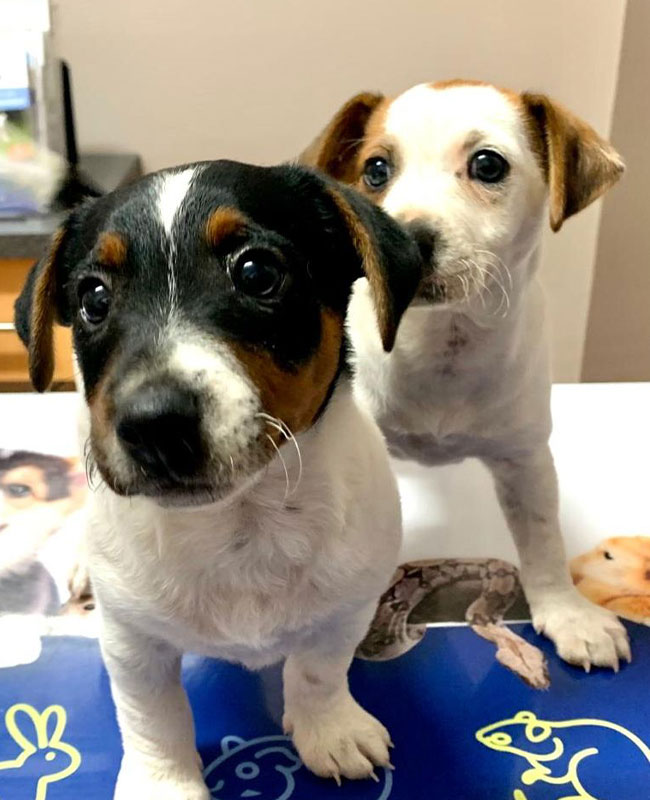
Ovariohysterectomy (Spay)
An ovariohysterectomy (OHE) or spay is the complete removal of the female reproductive tract. The ovaries, oviducts, uterine horns, and the uterus are removed. Not only does this procedure prevent the animal from becoming pregnant, it also stops her from going on heat twice a year. The surgery removes the source of production of such hormones as estrogen and progesterone. These hormones are responsible for stimulating and controlling heat cycles and play a major role during pregnancy.
Why Spay My Female Dog?
It stops her from coming on heat
Prevent unwanted pregnancies
Reduce the chance of mammary tumours
Prevent infections of the uterus
Prevent ovarian cancer
Castration
In this operation, which is performed under general anaesthetic, both testicles are removed, thus removing the source of sperm and the male sex hormone (testosterone).
At Hilton Vet Hospital we recommend to sterilise both male and female dogs from 6 months of age. Contact us today to find out more and to book your pet in for sterilisation.
Why Castrate My Male Dog?
Prevent him making female dogs pregnant
Stop him marking his territory (especially inside the house)
Prevent testicular cancer
Reduces the chance of prostate enlargement that can lead to urinary straining.
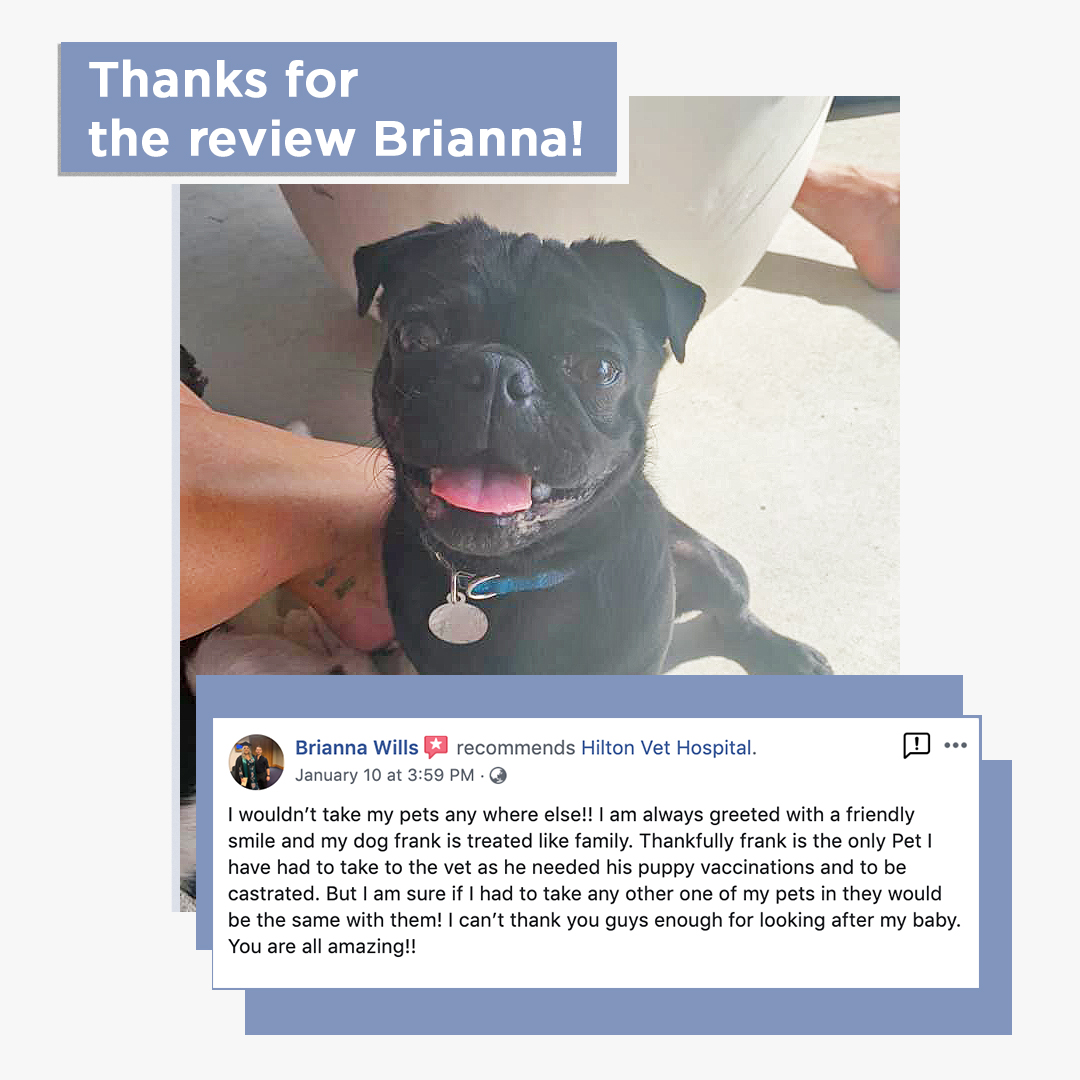
A sterilisation subsidy from the Fremantle City Council is available for both cats and dogs. Conditions apply. For further information regarding the subsidy telephone the Service and Information Counter on 08 9432 9999 or visit their website, fremantle.wa.gov.au/petrego.
Looking for more information about sterilisation for dogs and puppies? You can read more here:
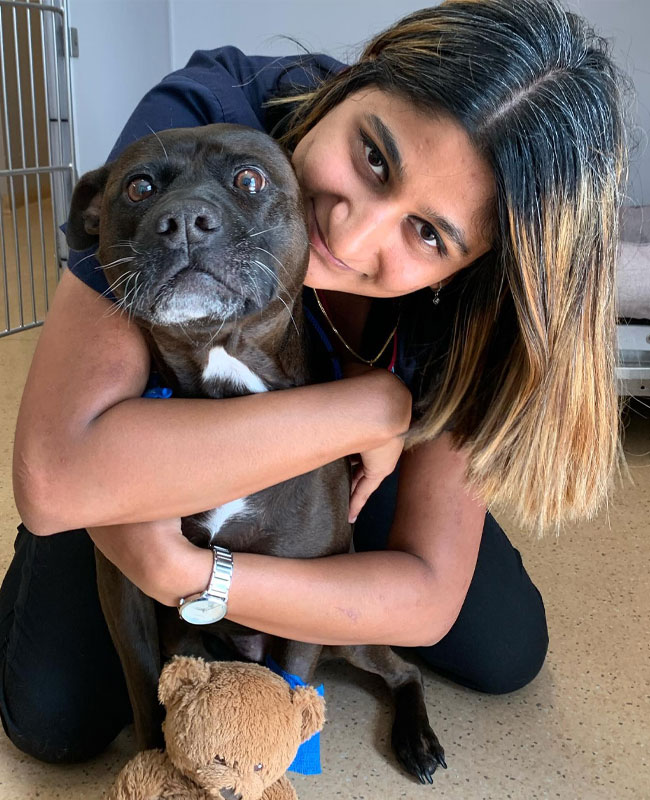
Parasites
We recommend regular worming at least every three months.
2-8 Weeks of Age
Frequency:
Worm every 2 weeks
2-3 Months
Worm every month
4+ Months of Age
Frequency:
Worm every 3 months
Heart Worm Prevention
Adult female worms in the dog’s heart produce microscopic embryonic microfilariae which circulate in the peripheral blood. After ingestion, the microfilariae migrate from the mosquito’s midgut, undergo development involving two moults, and after a period of two weeks the infective third stage larvae migrate towards the mosquito’s head. The infected mosquito will then transfer the larvae during feeding on a dog or cat. Following their penetration into the final host, the third stage larvae migrate through body tissue where they develop into fourth stage larvae, then immature adults which finally reach the heart via the venous system.
Adults mature in about 6 months and are found in the heart and major vessels. The adults mate, and the female produces millions of microfilariae to circulate in the peripheral blood to renew the cycle. The dog can be severely affected, with major vessels becoming blocked with chronic infections. Death usually results in such cases from heart failure.
Flea Control
Adult fleas can cause severe flea bite allergic dermatitis in dogs and cats and can be detrimental to the animals’ health. It is essential to use products that are safe for pets and their owners, but also very effective in killing the adult fleas on the animals. A wide variety of very effective products exist. Your vet can assist you in choosing the right product for your circumstances.
Adult fleas spend most of their time feeding off dogs cats and other small animals. The adults make up only 5 % of the total flea population. The other 95 % consist of flea eggs, larvae and pupae that exist in the area where the animals live. This is usually in and around the house.
As fleas are largely an environmental problem, it is essential to vacuum clean carpets and floors to keep flea eggs and larvae to a minimum. Focus on the low traffic areas, under furniture, around edges of rooms and animal resting places. It is a good idea to spray the areas with a IGR (insect growth regulator) synthetic pyrethroid. The IGR specifically inhibits development of the flea larva stage.
Arthritis Causes Pain
How can I tell if my pet has joint pain?
The following are symptoms your pet might show if there is joint pain:
Change in behaviour
Slowing down or getting tired quicker
Difficulty jumping, climbing stairs or running
Difficulty getting up from a lying position
Stiffness, limping or altered gait
Licking of a joint
Reluctance to play
Start Treatment Early
It is important to start with treatment the moment you notice any of the seven symptoms mentioned above. The earlier in the arthritic process you start with treatment the better the results. At Hilton Vet Hospital, our arthritis treatment is aimed at keeping our senior pets as pain free and comfortable as possible. They have been loyal to us as pet parents for many years, now is the time to reward them by making sure their final years are pain free and comfortable.
The aim of the treatment is to slow down the degenerative effect of the arthritis in the joints. (Slow down the snowball effect.)
For more information, read our Arthritis in Senior Pets page.
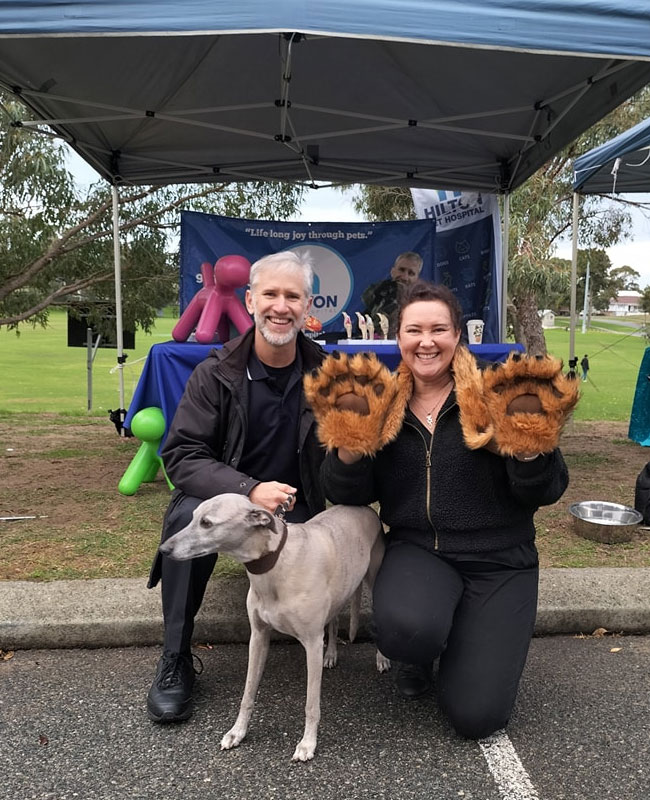
Walking
Dogs need to be kept on a leash in all public places except dog exercise areas.
Dog Exercise Areas Fremantle
– Rocky Bay Foreshore, Rule Street, North Fremantle
– North Fremantle Foreshore, Johanna Street, North Fremantle
– Beach Street Reserve, Beach Street/Canning Hwy, Fremantle
– Fremantle Park, Ellen/Ord Street, Fremantle
– Knutsford Street Playground, Knutsford/Swanbourne Street, Fremantle
– Wilson Park, South Terrace/Douro Rd, South Fremantle
– Parmelia Street Reserve, Parmelia/Chester Street, South Fremantle
– Bruce Lee Reserve, South/Caesar Street, Beaconsfield
– Davis Park, Conway/Edgar Court, Beaconsfield.
– Hilton Park, Lefroy/Carrington Street, Hilton.
– Griffiths Place Reserve, Griffiths Place/Nicholas Crescent, Hilton
– Grigg Place Park, Grigg Place/Snook Crescent, Hilton
– Sir Frederick Samson Park, Sellenger/McCombe Avenue, Samson
– 8 Horrie Long Reserve, Amherst/Forrest Street, Fremantle-
– Gibson Park, High/Chudleigh Street, Fremantle
– South Beach Reserve (north of Douro Rd to Sailing Club only), Marine Terrace, South Fremantle.
– Leighton Beach (area north of railway footbridge), Port Beach Rd, North Fremantle
Call our team for any further information about caring for your pet dogs. We’ll be happy to help!
Dog owners from all over Fremantle, Hilton, Hamilton Hill, O’Connor, White Gum Valley, Beaconsfield, Willagee, Samson, Coolbellup, Kardinya, Spearwood and Coogee have been coming to Hilton Vet Hospital for more than 30 years to receive exceptional service and care for their pets.
